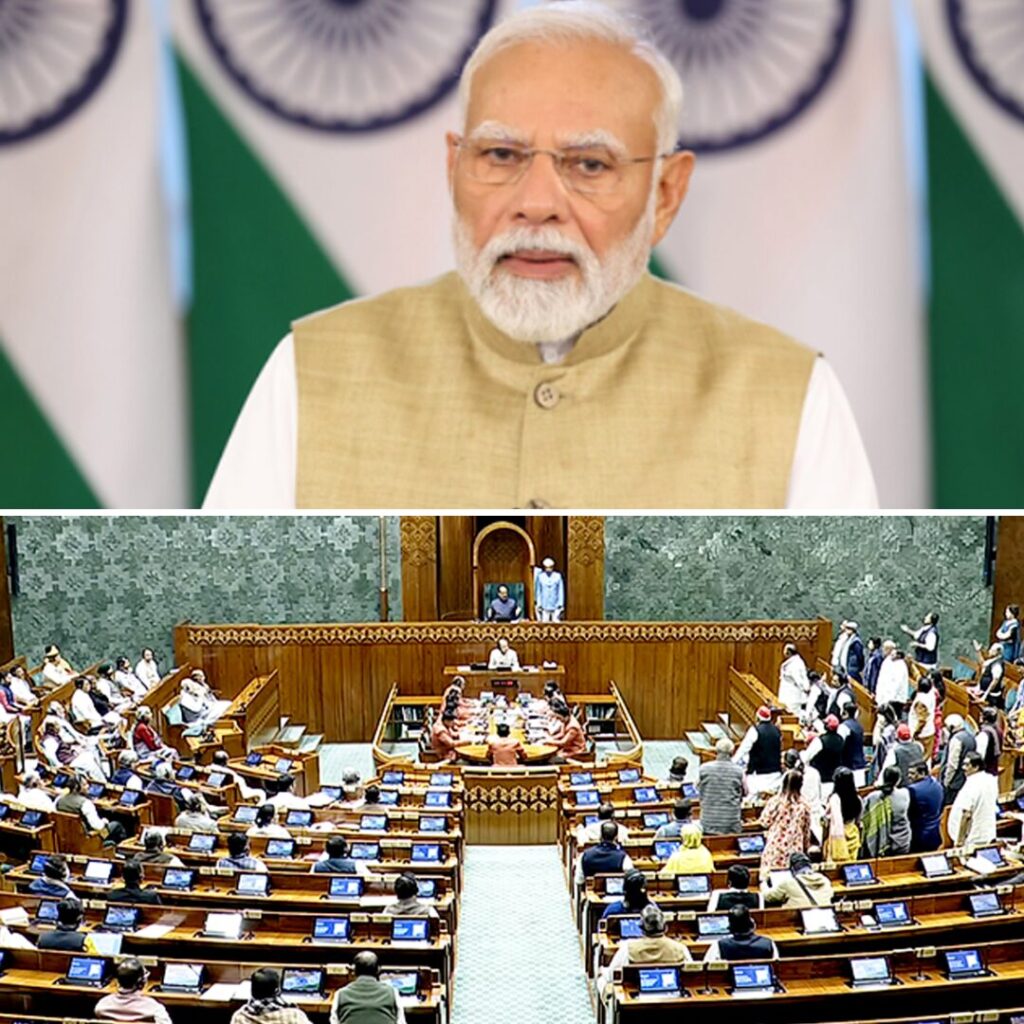Hyderabad has etched its name in India’s urban sustainability story by climbing to sixth place in Swachh Survekshan 2024-25, its best performance to date, while being the only city in Telangana to receive both the 7-star Garbage-Free City designation and Water Plus re-certification.
The rankings, announced by the Ministry of Housing and Urban Affairs in New Delhi, rewarded Hyderabad’s near-perfect execution on cleanliness, public hygiene, and innovative waste management.
City officials, civic leaders, industry experts, and everyday citizens have all celebrated this accomplishment as proof of what sustained teamwork, forward-thinking policies, and people’s participation can deliver in the sphere of urban transformation.
Hyderabad’s Transformation: From Vision to Results
Hyderabad’s sanitation and urban management model combined rigorous planning with grassroots activism to leapfrog over 4,500 cities and outpace its own prior record.
The Greater Hyderabad Municipal Corporation (GHMC) reported an unprecedented 100% in six major categories door-to-door garbage collection, scientific waste processing, dump site remediation, upkeep of public toilets and water bodies, and cleanliness in residential and market zones.
The city also led on sustainable innovations: constructing eco-friendly artificial ponds for Ganesh immersions that curbed water pollution, setting up decentralised debris recycling centres, and rolling out QR code-based feedback systems for public toilets.
GHMC Commissioner R.V. Karnan, Secretary K. Ilambarithi, and Mayor Gadwal Vijayalakshmi jointly lauded the “people’s movement” behind these gains, repeatedly acknowledging the day-to-day heroes sanitation workers, citizen volunteers, apartment resident societies, and local NGOs.
“We have proven that every stakeholder’s involvement, from technology partners to children spreading awareness, is vital to systemic change,” said Karnan at the Delhi event.
Momentum Built on Long-Term Investment and Inclusion
Hyderabad’s achievements are the result of a multi-year, multi-level strategy. The city made significant outlays on modernising trash processing plants, tracking waste trucks with GPS, and promoting home composting.
It confronted legacy waste by identifying and clearing long-standing dump sites and restored nearly a dozen lakes to their natural beauty. Community-driven efforts took centre stage: schools hosted ‘Clean Hyderabad’ days, marketplaces underwent major clean-ups, and citizen-reporting apps led to swift problem resolution.
Murals and banners across the city urged responsible waste disposal and water conservation, while corporate and social organisations sponsored additional sanitation drives in slum clusters.
This inclusive approach mirrored in the city’s digital engagement, with over 1 lakh residents submitting feedback for Swachh Survekshan’s citizen score and thousands participating in weekly ‘shramdaan’ activities.
The regional momentum continued as the Secunderabad Cantonment Board topped its cantonment category, joined by strong showings from Telangana’s Warangal and Narsingi, underscoring a broader culture of civic pride.
The Path Forward: Raising the Bar for Urban India
Experts now view Hyderabad as a blueprint for other Indian metropolises, citing its fusion of policy innovation, constant community outreach, and measurable on-ground results.
In addition to improving air and water quality, these measures have boosted the city’s liveability, reduced disease incidence, increased waste-to-energy output, and created jobs in the sanitation and recycling sectors.
Stakeholders hope to further ramp up efforts by automating more garbage pickup routes, expanding door-to-door hazardous waste segregation, and building partnerships with start-ups in AI-powered waste sorting and urban composting.
GHMC officials are already preparing for even better results in 2025, aiming to nudge up source segregation scores and extend green initiatives to urban peripheries and informal settlements.
The inclusion of historically marginalised communities like waste pickers and slum dwellers remains central, with new welfare schemes and training programmes being rolled out.
The Logical Indian’s Perspective
Hyderabad’s journey is a powerful reminder that change, no matter how daunting, begins with belief and shared accountability. The immense pride, cleaner streets, and visible environmental improvements witnessed by Hyderabadis are the product of ordinary people and public institutions daring to reimagine their future together.
The Logical Indian heartily applauds the determination, empathy, and ingenuity fuelling this progress and believes similar success is within reach for every city choosing courage and collaboration over apathy. Inspired by Hyderabad, what new habits, initiatives, or conversations could you begin tomorrow to spark a cleanliness revolution in your own neighbourhood?












